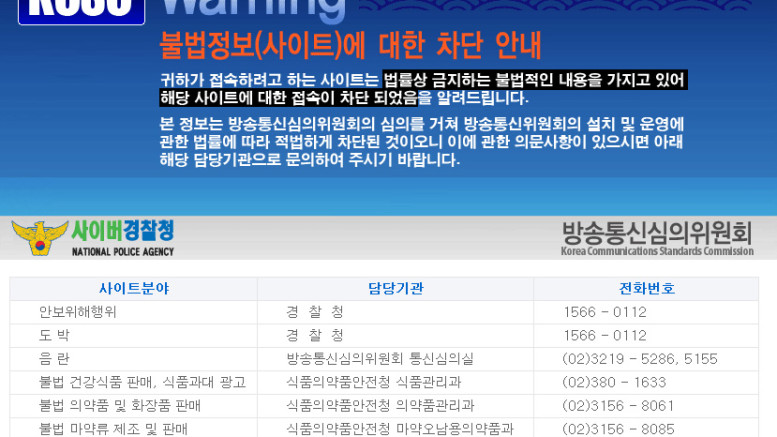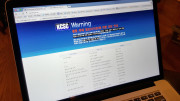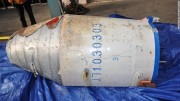South Korean prosecutors are launching a crackdown on websites and users judged to be posting “pro-North Korean” material, according to several local press reports.
The action comes as regulators judge the amount of such material available to South Korean citizens has “mushroomed to a risky level,” according to prosecutors quoted by Yonhap News said.
North Korea’s state-run media outlets have spent the last year launching several propaganda-filled sites that report on aspects of life in the country and extol the benefits of the country’s political system and its leaders. The outlets have also expanded onto social media with Twitter, Facebook and YouTube channels.
The ease with which such information is now available has led to an increase in the amount of North Korean material getting re-posted on blogs and other Internet sites run by South Koreans and those overseas. The government in Seoul has already reacted to some of this with website blocks and, in some cases, arrests.
Now the government feels the content of some sites goes “beyond what can be tolerated within the freedom of expression,” reported Yonhap.
The first step will be a November meeting between the National Police Agency and Korea Communications Standards Commission, which is already responsible for a block-list of pro-North websites and other content deemed harmful.
“In the meeting, the authorities will also devise policy measures to limit locals’ access to pro-North Internet sites based overseas, the prosecution said.
“Amid a national consensus and concern that (the proliferation of) pro-North Internet sites reached a risky level, countermeasures are being considered,” a prosecution official said.”
Last month it emerged the number of websites blocked by North Korea’s censors has risen dramatically in the last two years. Police submitted 80,449 requests for the removal of online postings in 2010 compared to 14,430 in 2009. A year earlier in 2009 it was just 1,793.
But sometimes the guidelines used for blocking are less than clear. At the beginning of this year the website of Beijing-based Koryo Tours was among those blacklisted by the South Korean government. The company runs tours to North Korea and its website includes images of the country, but it doesn’t promote the nation’s ideology, offer tours to South Korean citizens or have pages written in Korean.





